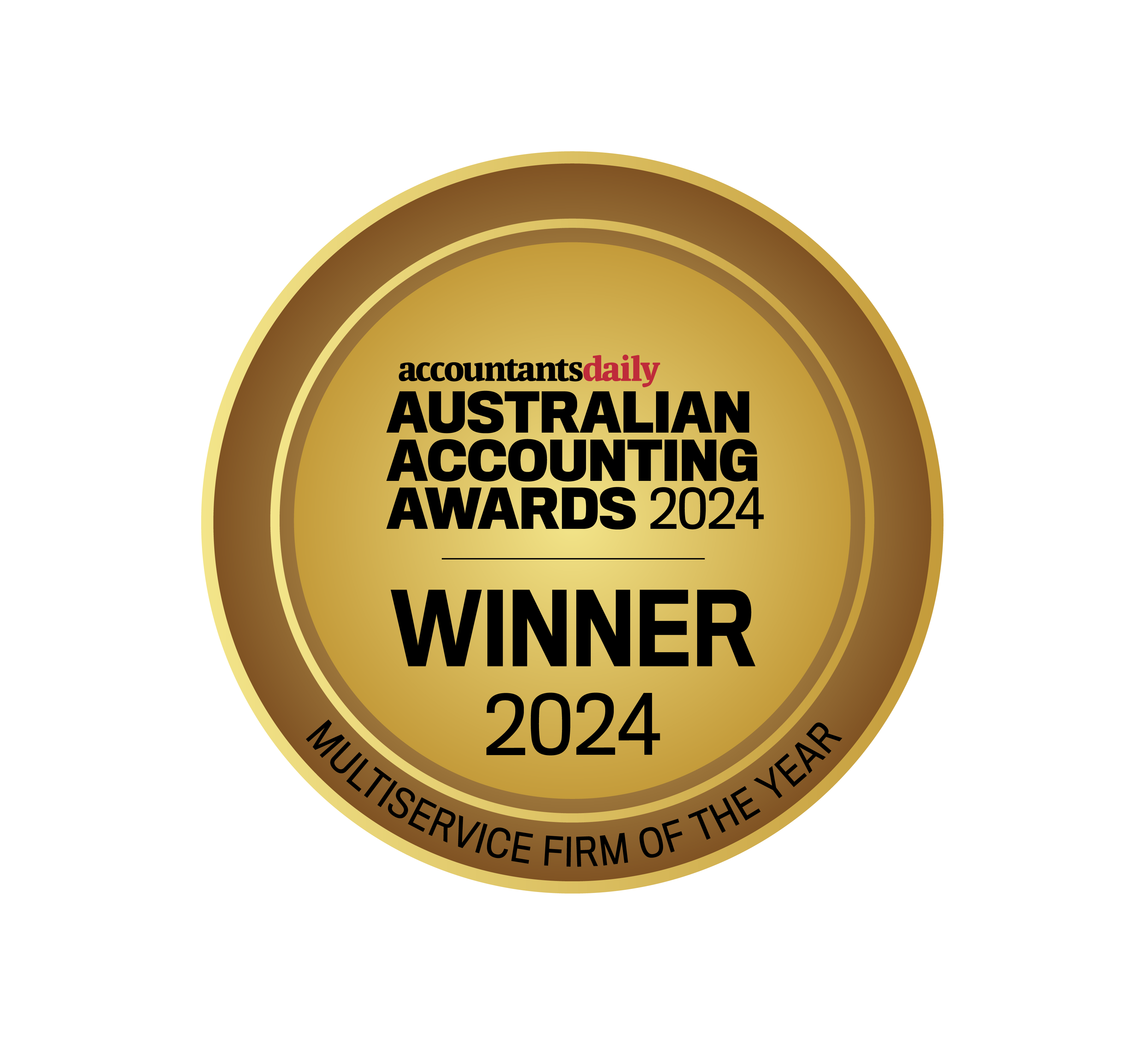Employers & business
Superannuation
For you and your family
Since everyone's needs are different, we'll build a package and quote for the level of protection best suited to you.

ALL DAY CONFERENCE @ Mornington Racecourse
6 May 2025 - 8:30am - 5:30pm
In today’s fast-changing world, staying competitive means embracing new trends and technologies. At B.I.T.E.
Conference 2025, you'll discover groundbreaking strategies and tools—like A.I. and robotic process automation—designed to
help you navigate and succeed in the evolving business landscape.

Mortgage brokers have access to a broad panel of lenders, ranging from major banks to specialist lenders.

Equipment finance offers a flexible solution for acquiring the assets your business needs without significant upfront costs.

Commercial properties showed remarkable strength in 2024, with the essential service sectors driving significant growth across the Australian market.

Creating an effective budget is crucial for successful saving. One way to do this is to set up multiple debit cards for different spending categories.

Debtor finance is a financial arrangement where a business uses its accounts receivable (unpaid customer invoices) as collateral to secure funding.

Asset finance can be a powerful tool to help businesses work their way through the season smoothly while setting up for long-term growth.

The Australian commercial property market is set for a rebound in 2025, amid changing market conditions and renewed investor interest expected to lead the recovery.

As Australia's highest marginal tax bracket impacts more individuals, a growing number of Australians face rising tax obligations due to "bracket creep," where wage growth outpaces tax rate adjustments. This trend is expected to persist, with tax-efficient strategies the backbone for financial advice to help individuals secure long-term wealth.
Discover 9 essential financial planning tips to help new and expecting parents manage the costs of parenthood with confidence and ease.
The Taxable Payments Annual Report (TPAR) is a mandatory report for Australian businesses in certain industries to disclose contractor payments to the ATO by August 28 each year, ensuring accurate tax reporting.